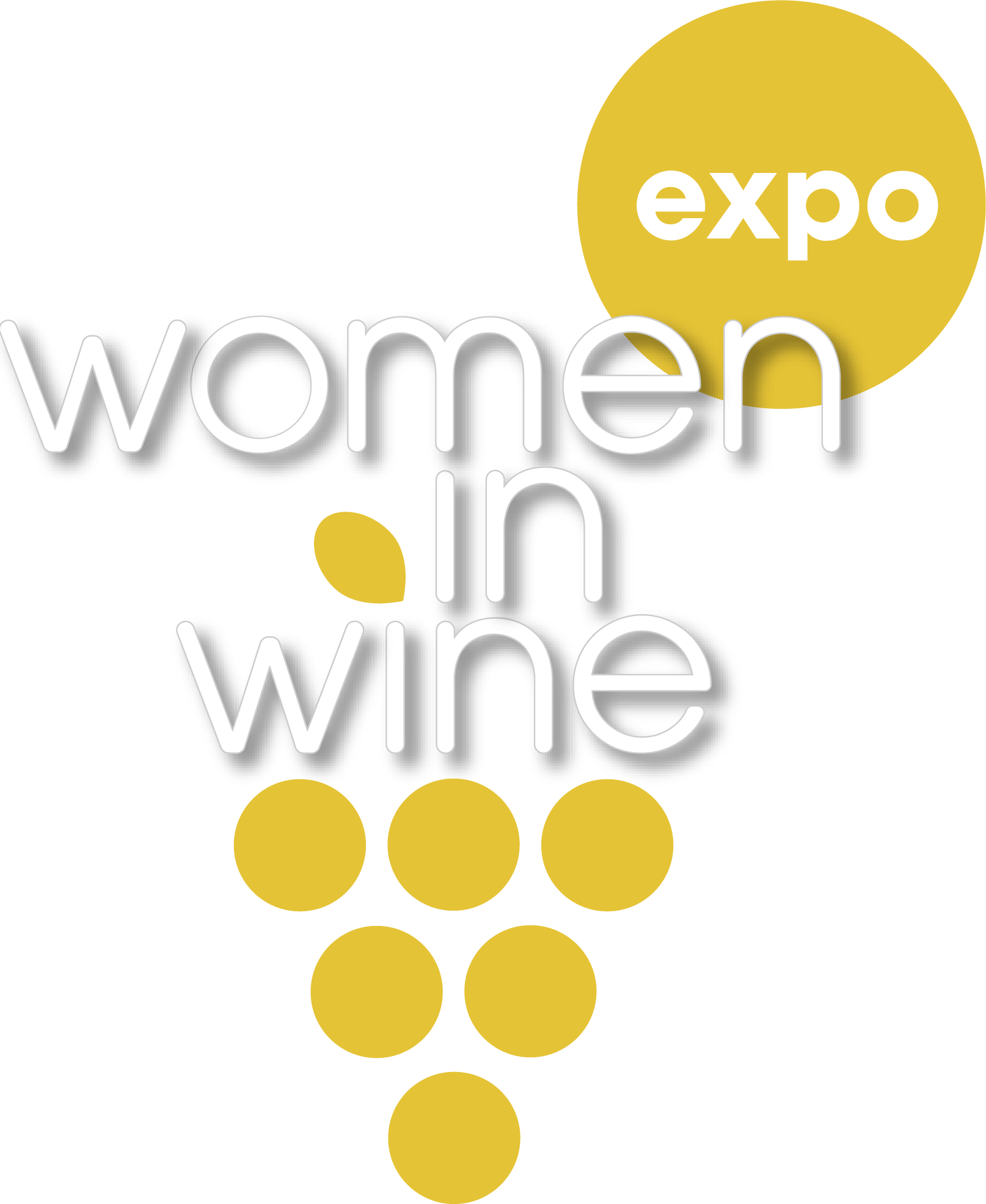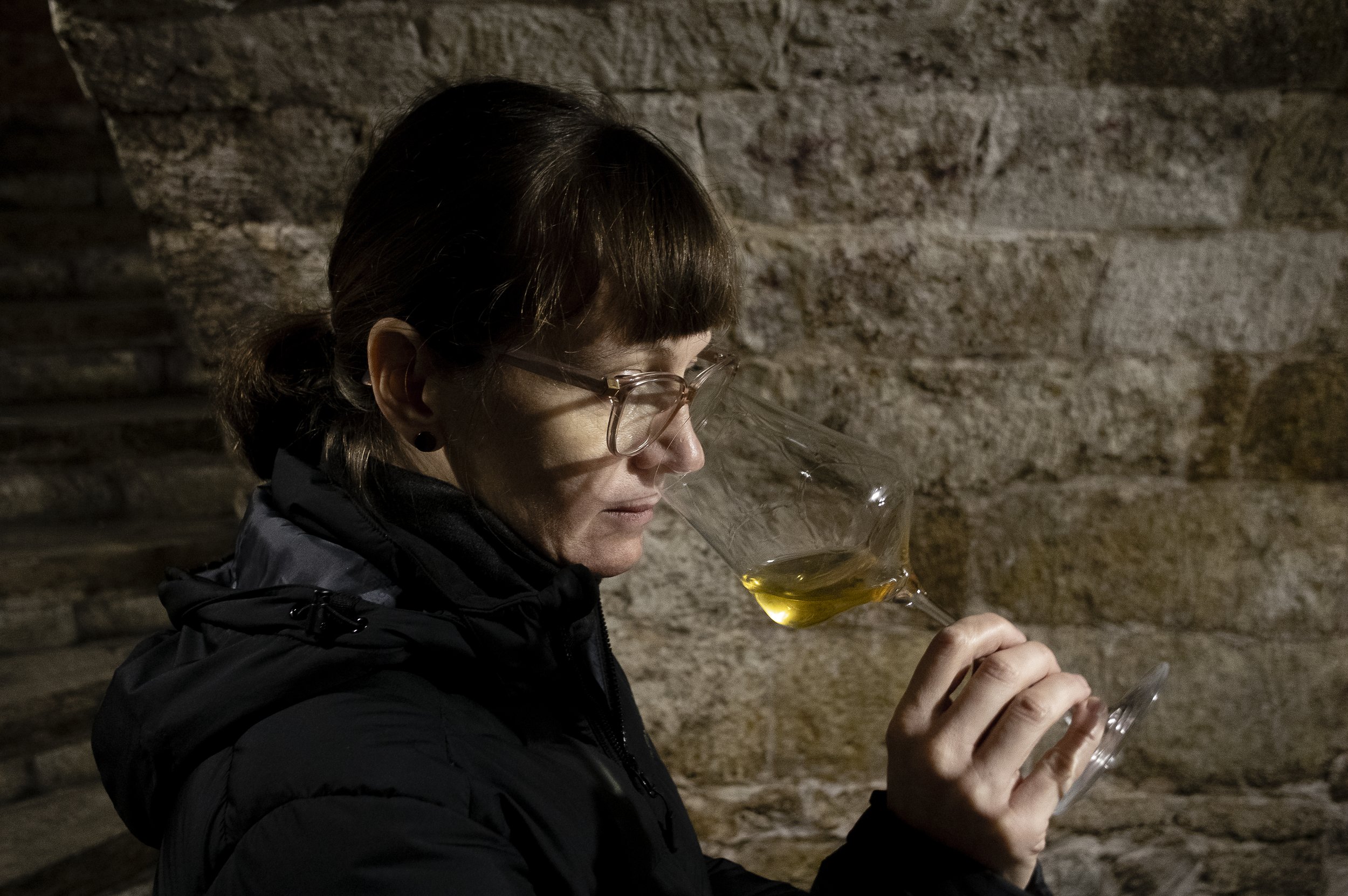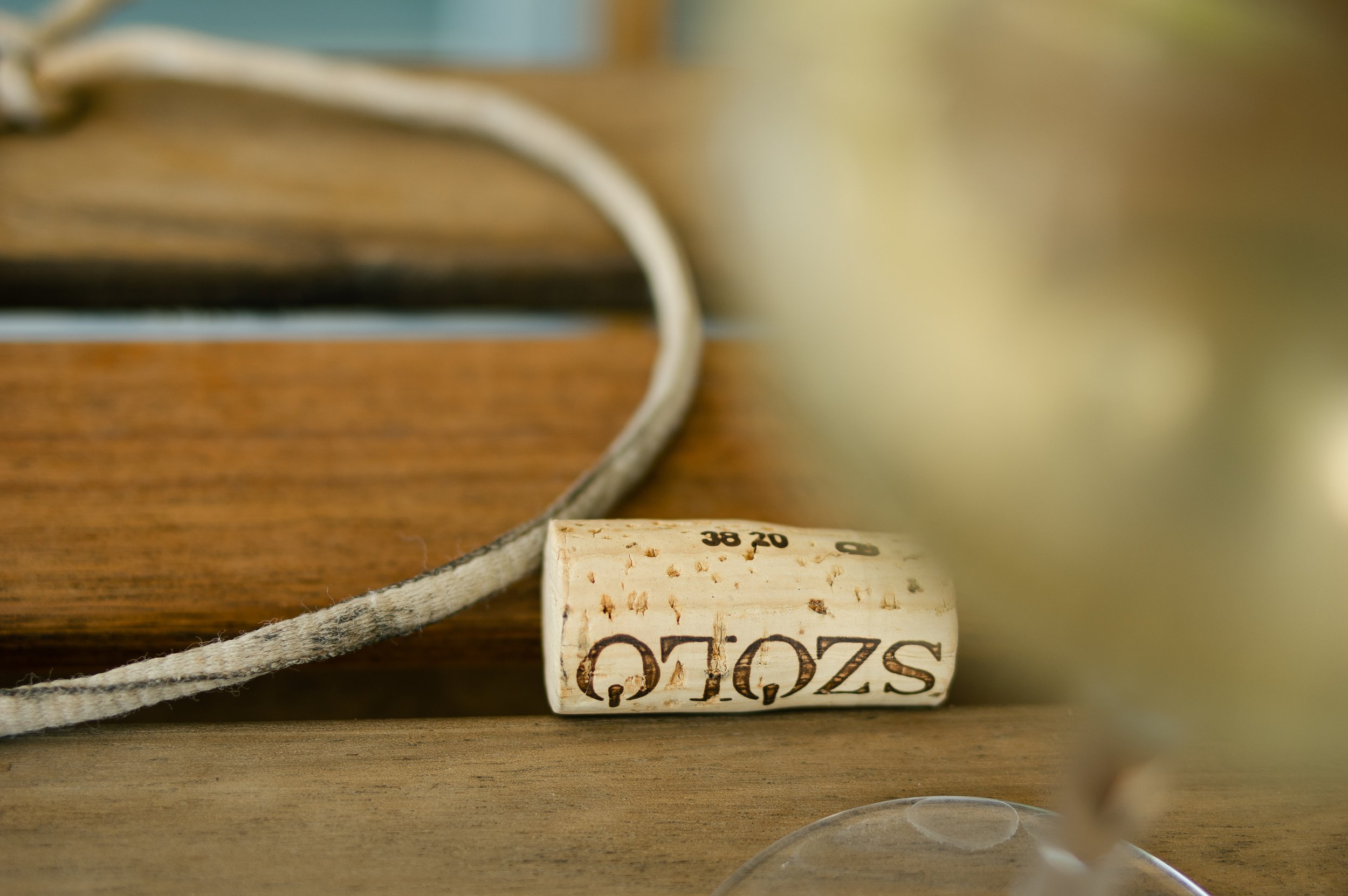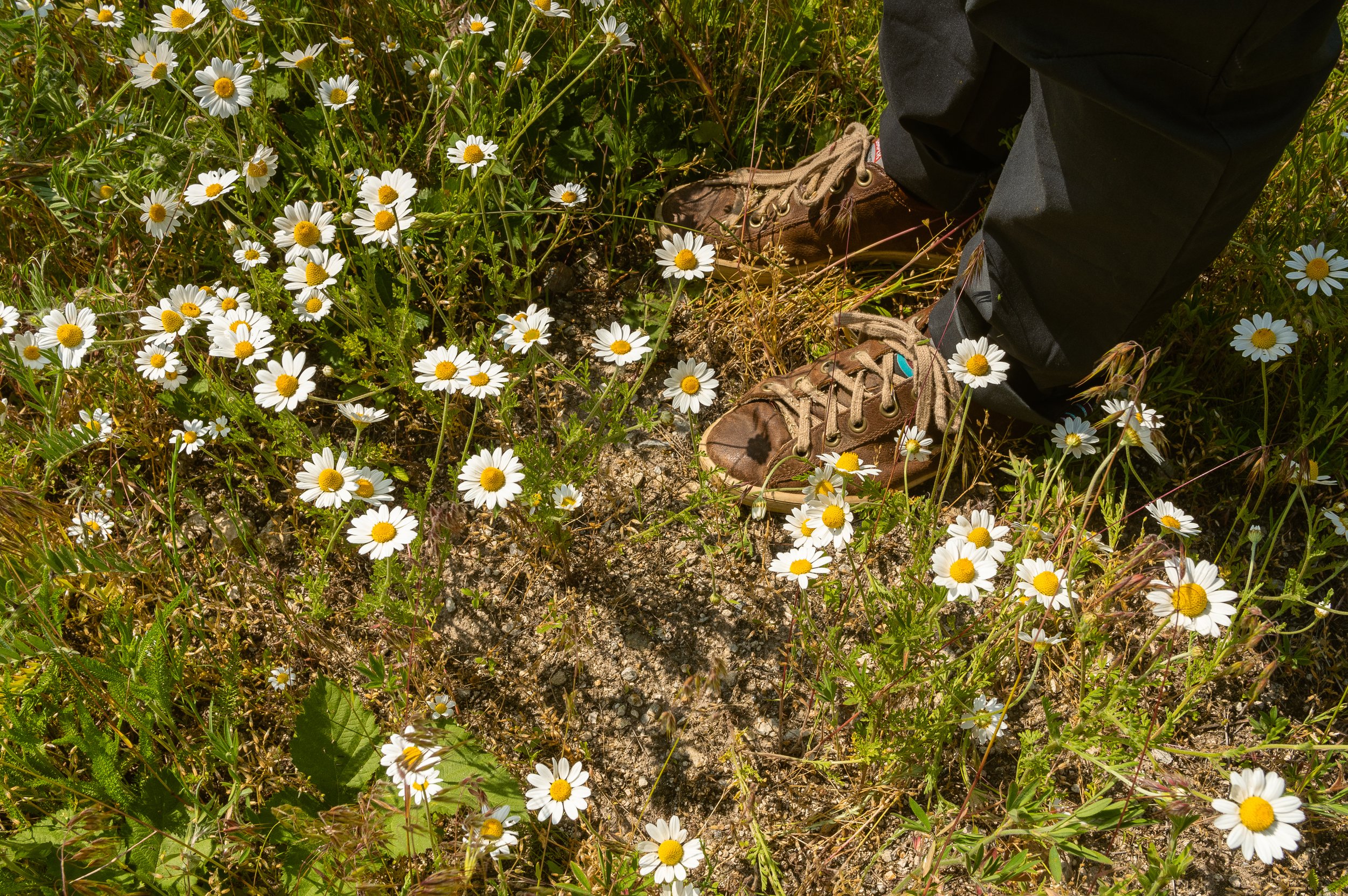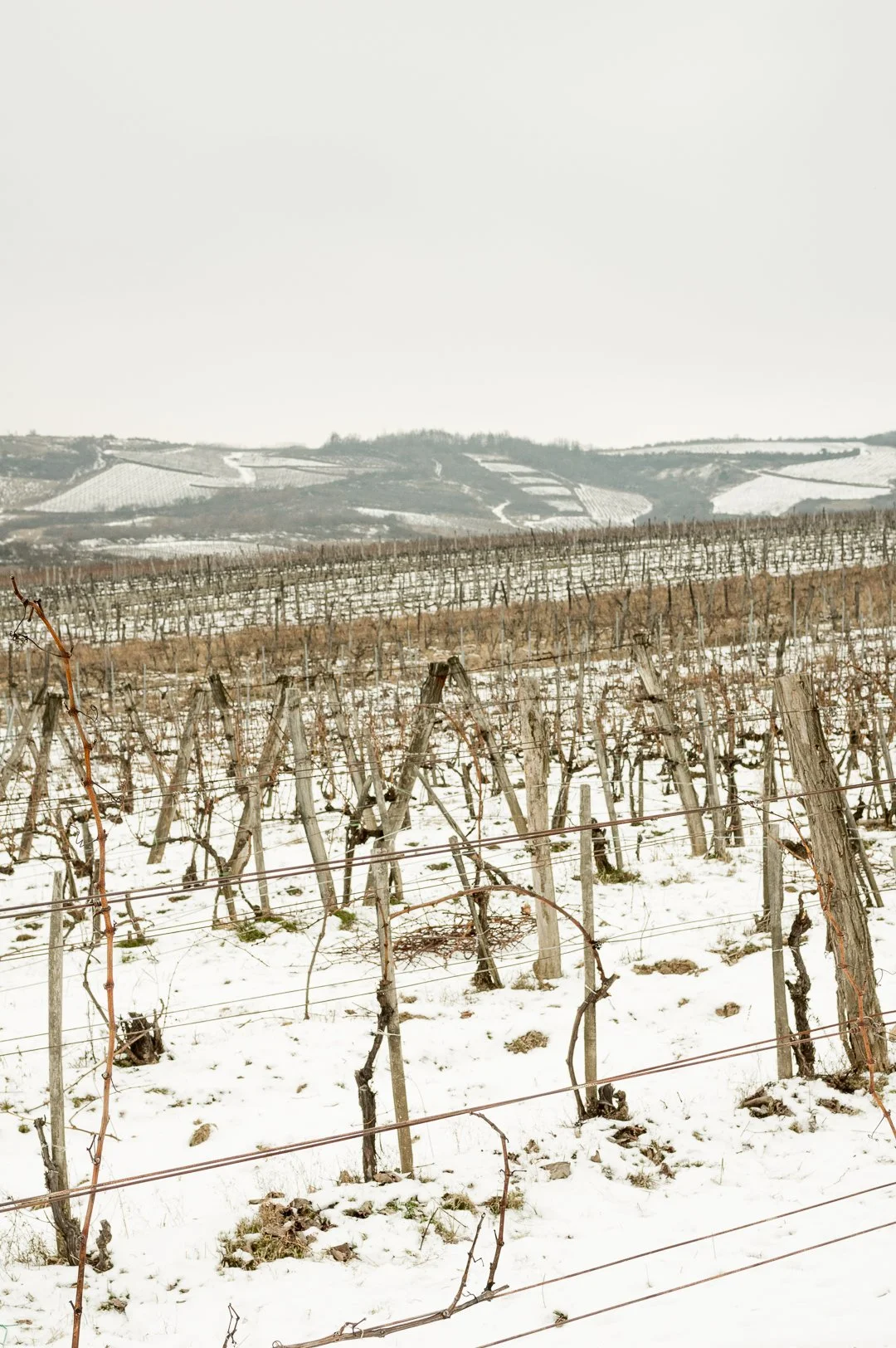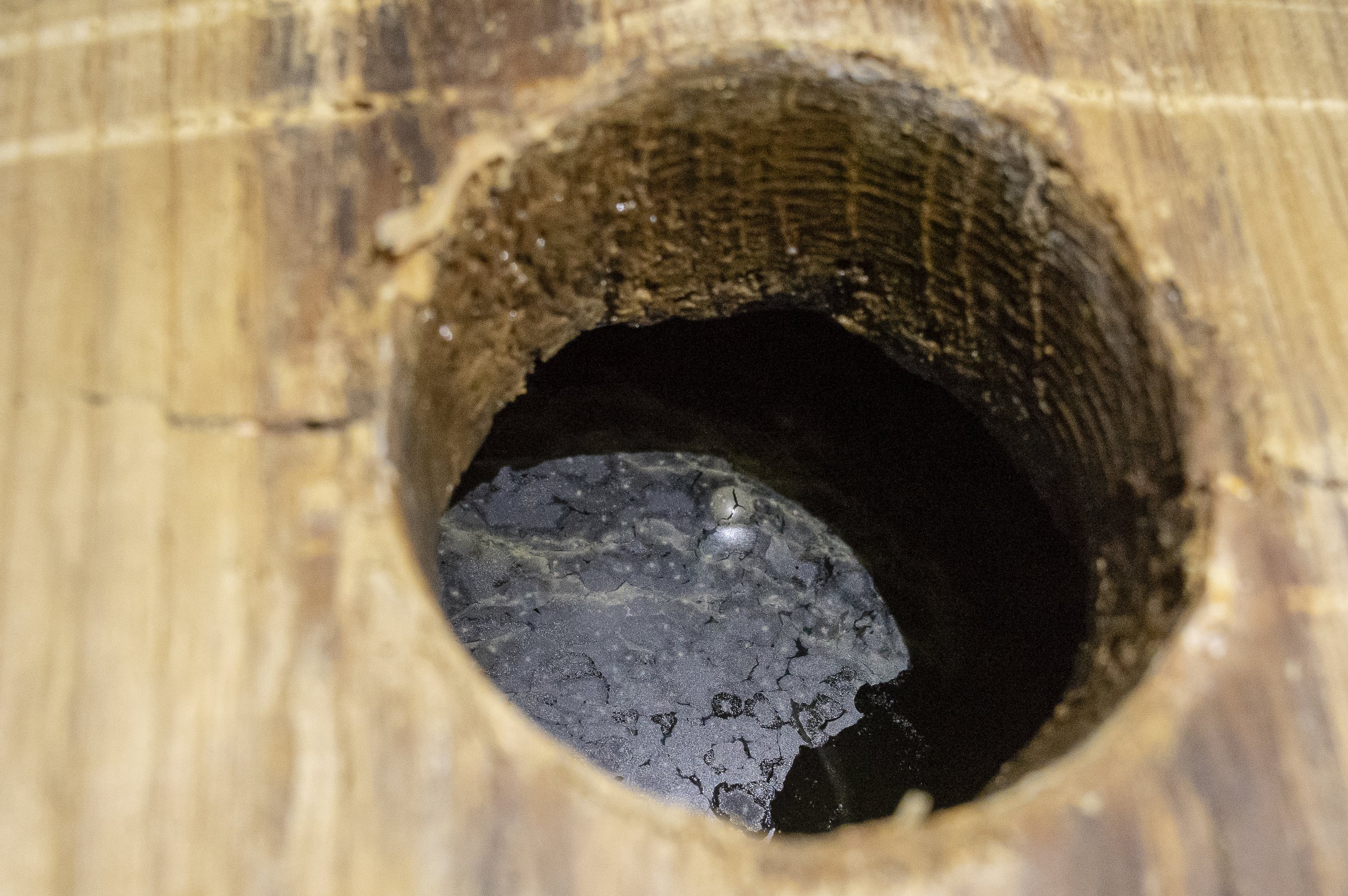women in wine expo Masterclass
keynote speaker
biodynamic viticulture: An ecological, holistic and ethical approach to farming. no compromise.
Tímea Éless, owner szóló winery
Many may not know that Hungary is the birthplace of biodynamic agriculture, a movement initiated by scientist Rudolf Steiner, born in the Austro-Hungarian Empire. Last year, Steiner initiated biodynamic agriculture precisely 100 years ago. What better moment can the Women in Wine Expo address this significant topic in wine than in Hungary, the birthplace of the science of biodynamic agriculture?
At the Women in Wine Expo (WIWE), we resonate with Steiner's philosophy for two main reasons. First, he believed in giving farmers a voice, recognizing the valuable stories they have to share. This conviction even led him to teach speaking classes in Berlin. Similarly, our event aims to amplify the voices of those with important narratives in the wine industry. Second, Steiner's emphasis on biodynamic winemaking perfectly aligns with our event's theme. We look forward to celebrating and sharing these essential stories within the wine community.
Our keynote speaker Tímea Éless has been a biodynamic winemaker in Tallya, Tokaj, for many years. At the start of her career, she practiced organic farming, and since 2020, she has adhered to the principles of biodynamic agriculture in her vineyards and winery. In 2022, her winery received international Demeter certification. In addition to producing biodynamic wines, Tímea is pursuing a diploma at the Waldorf Teachers' Training School for Gardening Teachers and Biodynamic Farmers. Her wines are available in Hungary and are also exported to countries including Japan, South Korea, Canada, the USA, the UK, and several European nations. There is much to learn about this remarkable woman who is committed to preserving Hungarian culture and heritage.
BIODYNAMIC FARMING
Biodynamic farming is an ecological, holistic, and ethical approach established by philosopher and scientist Dr. Rudolf Steiner in 1924 in Hungary (then part of the Austro-Hungarian Empire). This method enhances nature-based farming, promotes environmental protection, fosters harmony between nature and humanity, and improves the quality of grapes and wine. It is essential for preserving environmental values, strengthening community ties, regenerating soil, producing nutritious and vibrant food, and ensuring sustainable livelihoods for small farmers. In biodynamic farming, the farm is viewed as a unique, indivisible organism where people, plants, animals, and soil coexist. The work in both the vineyard and the winery considers the cosmic forces and natural rhythms that shape life.
Biodynamic winemakers believe that high-quality wine can only be created from the purest grapes. As Tímea states, "We allow our cellars to produce honest, natural wines. This way, we can truly express the potential of Tokaj—its land, the grape varieties, and the vintage—along with what wine means to us. We aim to preserve the natural qualities of the wine by using only the gentlest and most necessary oenological interventions. We share this living marvel with consumers without altering what nature has created."
Natural winemaking revives traditional practices that predate chemical agriculture. In Szolo's cellar, they use local oak barrels alongside ceramic vessels for fermentation and aging. Each year, they experiment with new methods in the cellar while remaining dedicated custodians of Tokaj's specialties, such as aszú, eszencia, and szamorodni. This dual commitment to preserving tradition while embracing innovation propels them forward, making the winery an essential and vibrant part of the Tokaj wine region.
"The land we nurture is not just property; it is our home, and we strive to preserve it as best we can. Currently, we are working on 12 hectares and their surroundings to safeguard what has been entrusted to us."
SZÓLÓ
Szolo’s story began in 2013 when Tímea, a descendant of a multi-generational local grape and wine-growing family from Tállya, partnered with Tamás, who also has roots in Zemplén, to create this winery.
The village of Tállya, located in the northwestern part of the Tokaj wine region, has a history dating back to the 13th century. The name is derived from the French word "taille," meaning "to cut," a term bestowed by French settlers who arrived in the area and planted vines. Historically, Tállya has been one of the most significant settlements in the wine region, with written records from the mid-16th century documenting its wine cellars, famous for sweet wines. According to legend, in 1561, Bishop György Draskovich presented sweet wine from the Palota vineyard to Pope Pius IV, proclaiming, "Summum pontificem talia vina decent" ("The Pope should have this (Tállya) wine").
Since 2013, Szolo has expanded from 2.5 hectares to 12 hectares. Today, they cultivate vineyards planted with classic Tokaj varieties—Furmint, Hárslevelű, and Sárgamuskotály—exclusively on renowned historic sites (Sipos, Palota, Tökösmáj, Bohomáj Bártfai, Hetény, and Dukát) at the foothills of Tállya. The deeper layers of the soil consist of volcanic andesite, while the surface comprises rhyolite tuff, with some areas featuring a loess layer of loose soil. The proximity of the Bodrog and Tisza rivers, the positioning of the vineyards, and the unique microclimate foster the growth of the botrytis cinerea fungus on the grapes year after year. This enables them to produce dry wines and the exquisite Tokaj sweet wines for which the region is renowned.
Talking grapes
The term "szóló" means "talking" or "speaking," and can also mean "only" in expressions derived from Latin. In contrast, "szőlő" (with accents over the 'o') means "grape" or "vine."
This distinction highlights how the vine can convey its story regarding natural cycles and the cultural significance of the vineyard. As a natural wine, it is made exclusively from grapes.
